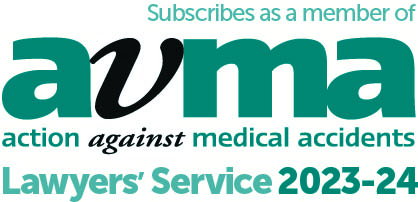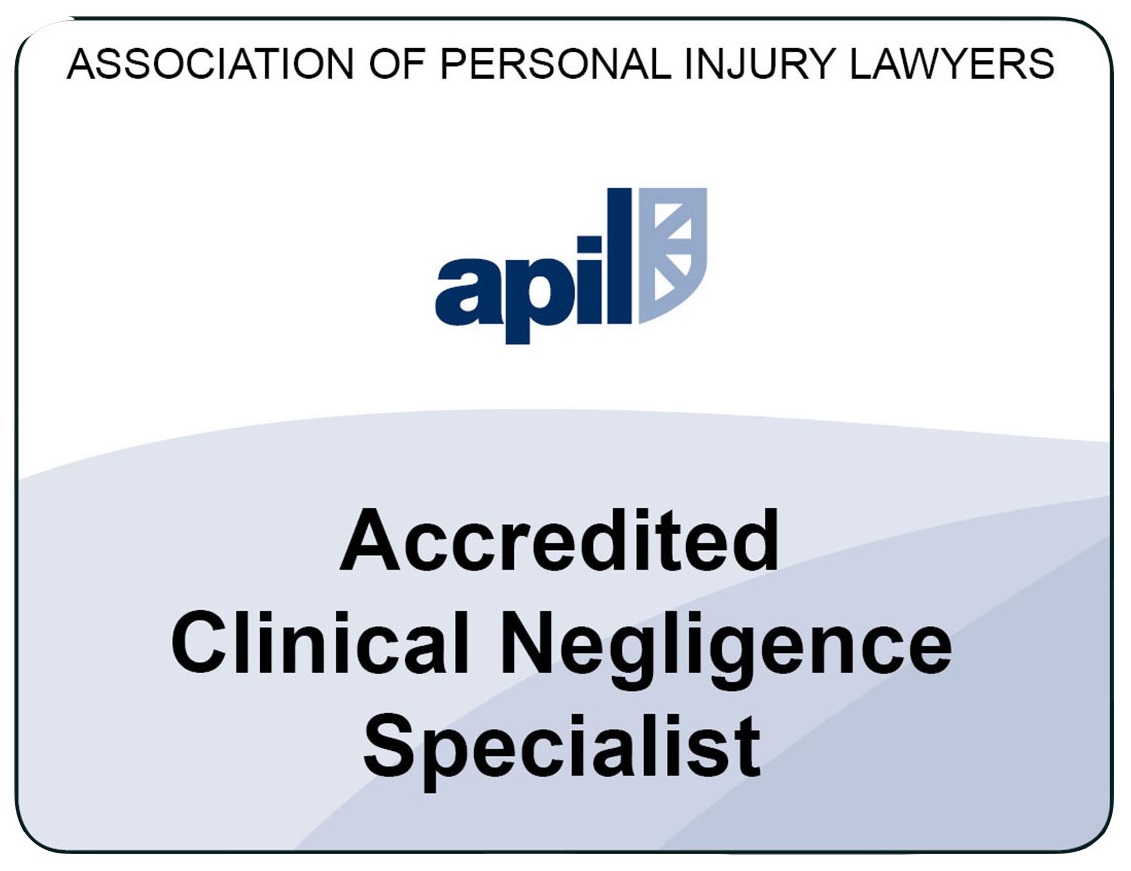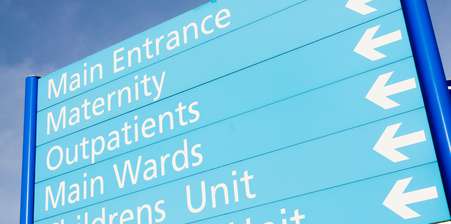Stillbirth and neonatal death compensation claims
It is impossible to find words that can truly comfort parents after the loss of their baby, during pregnancy, labour or shortly after birth. If you have suffered the loss of your baby a medical negligence claim can get answers about what happened and also reach support services to help you cope.

Stillbirth and neonatal death compensation claims
What is the difference between stillbirth and neonatal death?
A stillbirth is where the baby dies before or during birth, at or after 24 weeks of pregnancy. Neonatal death is when the baby has died during the first 28 days after their birth.
Stillbirth and neonatal death negligence claims
We have many years of experience in supporting parents through the trauma of stillbirth or the neonatal death of their baby. We support families to find out what happened to their babies and the circumstances which resulted in their death. Compensation is not the only outcome of making a medical negligence claim –In many of our cases, we have worked with the hospitals concerned to ensure that policy and procedural changes are made to help prevent the same tragedy from happening to other families as well as providing help and guidance to families during hospital’s internal investigations and external investigations that may be undertaken by a Coroner (Inquest), HSIB (Healthcare Safety Investigation Branch), the NMC (Nursing and Midwifery Council) or the GMC (General Medical Council).
No win, no fee
We work on a no-win, no-fee basis, so there’s no need to worry about costs. Plus, our specialist solicitors provide an initial free assessment of your claim.
Causes of stillbirths and neonatal deaths
Most causes are not the result of medical mistakes. Stillbirths and neonatal deaths can and do happen to babies who have been healthy throughout the pregnancy. Possible causes can sometimes be due to medical failures, but every case is different and not every condition can be treated. Where there is a medical error, this is often related to failure to diagnose or treat a condition effectively. Causes, which may or may not be due to error, include:
- issues relating to the placenta which impacts on the baby
- failures in monitoring; CTG and sonography
- failures to manage small for gestational age (SGA) babies and fetal growth restricted (FGR) babies
- bleeding (haemorrhage) during or before labour
- pre-eclampsia – high blood pressure in the mother
- issues with the umbilical cord
- physical or genetic problem with the baby
- pre-existing diabetes or gestational diabetes
- an infection in the mother can cause the death of the baby as they do not have a developed immune system.
- liver disorder - obstetric cholestasis or intrahepatic cholestasis of pregnancy (ICP) which can affect pregnant women.
- Failures to escalate care and failures in management of care during labour following episodes of: bleeding; fetal bradycardia (low heartrate in the baby); fetal tachycardia (high heartrate of the baby); shoulder dystocia; breech delivery.
- Failures in resuscitation at birth.
How common is stillbirth?
In 2021 the stillbirth rate increased to 4.1 stillbirths per 1,000 total births compared with 3.8 in 2020 (source: Office for National Statistics)
How common are neonatal deaths?
In 2020 there were to 1.3 neonatal deaths per 1,000 live births (source: Office for National Statistics)
Getting support after a stillbirth or neonatal death
There is a range of organisations that offer practical support to parents including:
Petals Charity - supports parents by providing specialist counselling as a result of bereavement, trauma or loss related to pregnancy including miscarriage, stillbirth, termination for medical reasons (TFMR) and neonatal loss.
SANDS – supports and promotes research to better understand the causes of baby deaths and provides bereavement support to parents.
Tommy’s - funds research to prevent complications and loss, provides specialist care and midwife-led advice for parents before, during and after pregnancy and supports those who have lost babies.
We’re here to help
If your baby has died and you think it might have been due to negligent care during pregnancy (antenatal care), labour, delivery or in the initial days and weeks after their birth, you can talk to us. Contact us for a free, confidential, no-obligation chat, or fill out our enquiry form and we will let you know how we can help. We can also visit you at home if you wish.
Our medical negligence lawyers are based in:
- Cambridgeshire: Cambridge
- Essex: Brentwood, Chelmsford and Saffron Walden
- Hertfordshire: Bishop's Stortford and Royston
But we can help you wherever you are in England and Wales.










